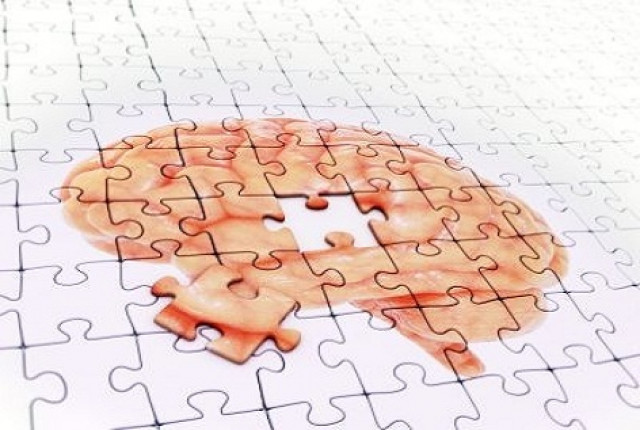AI surpasses clinical tests in predicting Alzheimer's progression
The AI tool capable of predicting in four out of five cases whether individuals dementia will develop Alzheimer

Cambridge scientists have developed an AI tool capable of predicting in four out of five cases whether individuals with early dementia signs will develop Alzheimer’s. This approach could reduce the need for invasive, costly tests while enhancing early treatment outcomes.
“Despite using only data from cognitive tests and MRI scans, our tool is much more sensitive at predicting progression to Alzheimer’s,” said Professor Zoe Kourtzi from the University of Cambridge.
Read: Experts explore AI’s role in health industry
Dementia affects over 55 million people globally, with cases expected to triple in the next 50 years. Early detection is crucial as Alzheimer’s, the main cause, accounts for 60-80% of cases. However, current diagnostic methods can be invasive and expensive, leading to misdiagnosis.
The AI model, detailed in eClinical Medicine, uses non-invasive patient data like cognitive tests and MRI scans to predict disease progression more accurately than current tools. It correctly identified Alzheimer's progression in 82% of cases and non-progression in 81% from cognitive tests and MRI scans alone.
The algorithm, around three times more accurate than existing methods, can also stratify patients into groups based on their progression rate, aiding in early treatment interventions. The model was validated with data from 900 individuals in memory clinics in the UK and Singapore, showing its applicability in real-world clinical settings.
“Reducing uncertainty about early dementia signs is exciting and likely to become more important with emerging treatments,” said Dr. Ben Underwood, a consultant psychiatrist at Cambridge.
The research, funded by several prominent institutions, aims to extend the model to other dementia types and data forms, potentially revolutionizing early dementia diagnosis and treatment pathways.
4o



















COMMENTS
Comments are moderated and generally will be posted if they are on-topic and not abusive.
For more information, please see our Comments FAQ